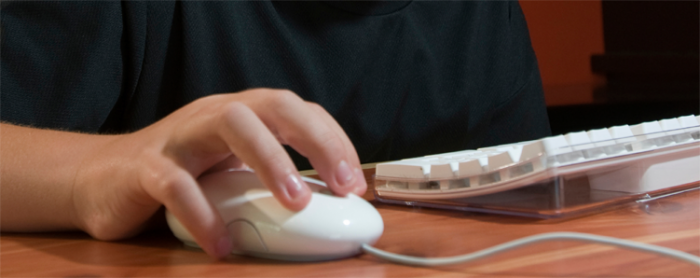Posted: April 6, 2015
Far too many parents are led to believe that simply because their child has special needs, accommodations can’t be made to foster a quality education. The truth is that your child, regardless of his or her Cerebral Palsy, is not only entitled to Special Education resources but also schooling tied to every child’s unique needs. Ensuring your child receives this specific schooling, while also doing as much possible to foster a quality environment can undoubtedly be a challenge. However, the important impact early intervention via education and therapy can have make it invaluable for the intellectual development of any child with Cerebral Palsy. This is where an IEP comes into relevance for your child.
IEPs and Your Child
You may have heard of an “IEP”, but assumed it to be a complicated or difficult process. Instead, it may be the very thing your child needs to be a major success in school. An IEP is an Individualized Education Program and it can be incredibly impactful due to its composition. If your child qualifies for special education services due to their Cerebral Palsy, they qualify for an IEP – it’s that simple and should never be presented any differently.
What is an IEP?
An IEP is an agreed to ‘plan’ or blueprint for your child’s educational success. Based upon the combined efforts of a team of individuals acquainted with your child’s needs, an IEP looks to unite knowledge from various disciplines and find a quality solution to barriers created by your child’s special needs. The terms of an IEP are unique to your child and can vary from time for tests to emotional considerations, the learning environment and more. Through evaluations of your child, an IEP is built and regularly monitored by ‘the team’ to ensure your child is on a path to educational success.
Who Helps With an IEP?
Parents. Therapists. Teachers. School district representatives. Guidance counselor(s). Educational advocates. Tutors. Each of these individuals can play an important part to an IEP team, and there is room for even more if needed. The goal of the team is to bring knowledge from disciplines, as well as interactions of the child, to ensure all the boxes are checked and that success can be found within the IEP.
How Do I Start With an IEP?
Speak to your child’s special education teacher, as well as any administrators involved with core curriculum, to find out how to start this process. You can also contact us at your convenience for resources dedicated to better fleshing out this somewhat difficult subject.
None of the items in this overview are intended as an indictment of teachers and the education they provide in the classroom. Instead, we hope that this serves as an appeal for families to stand up and pursue an IEP if their child needs it. Overall, educators and parents alike want to see students succeed and the core focus of an IEP is to achieve results.
If your child is facing challenges in school, or you would like more information on what an IEP could mean for him or her, contact us today. Our team loves speaking with families of children with Cerebral Palsy and hope to be able to make an impact for the better with every call.






